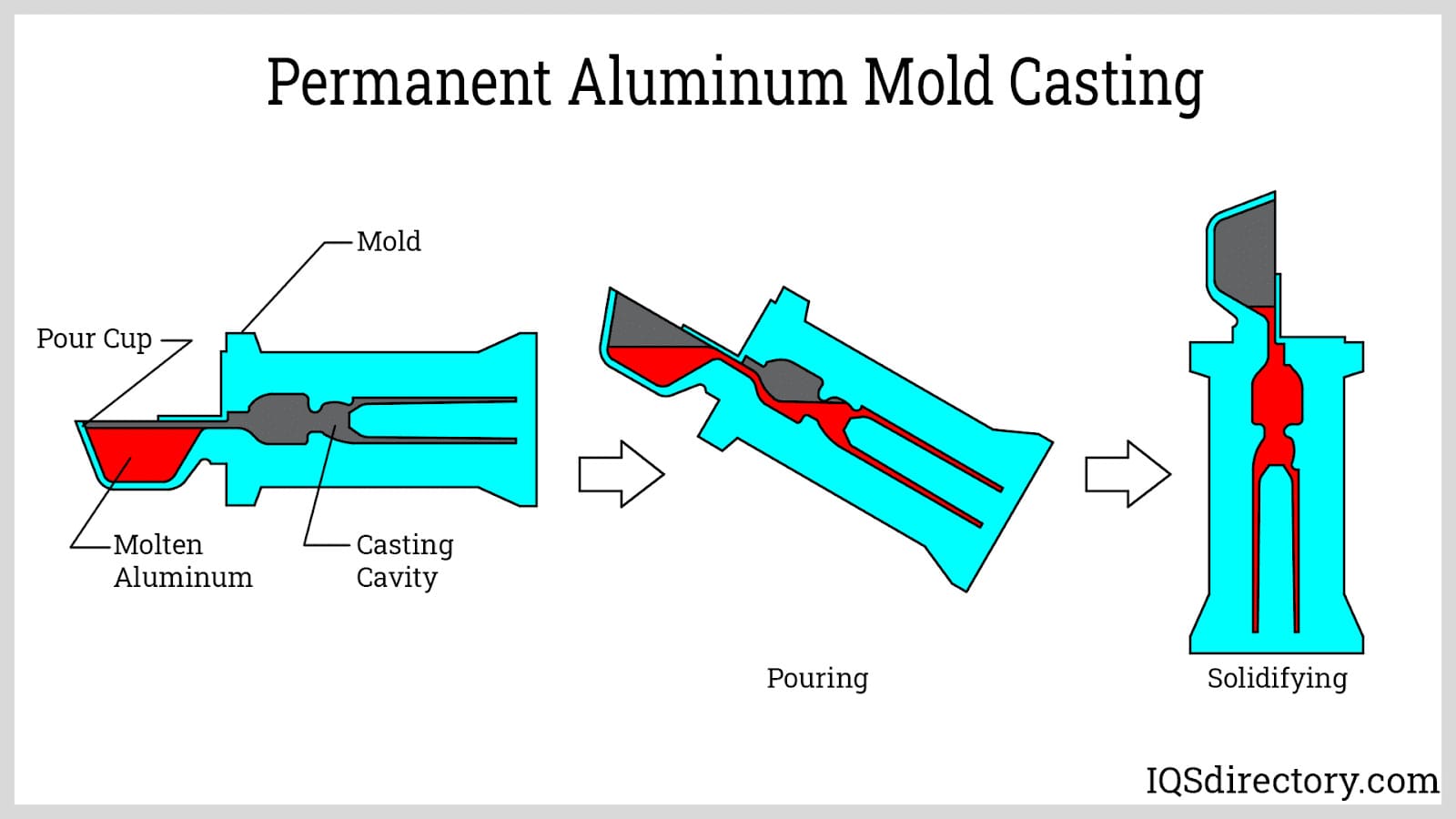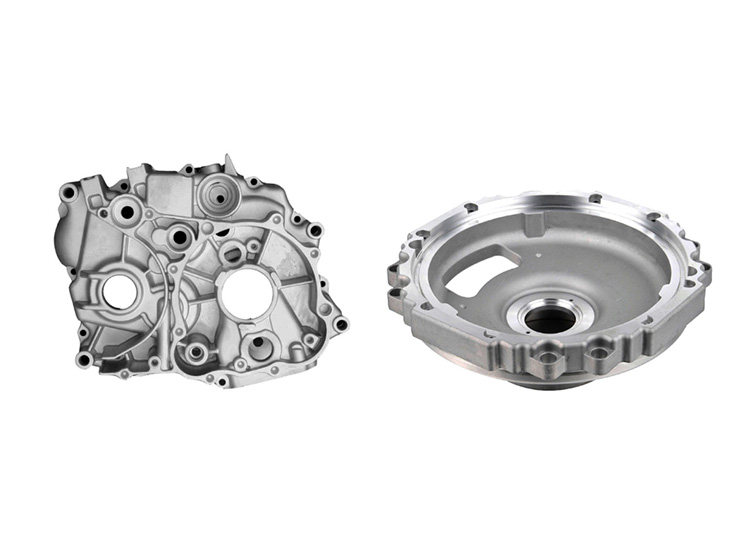Our Stahl Specialty Company PDFs
Our Stahl Specialty Company PDFs
Blog Article
Facts About Stahl Specialty Company Revealed
Table of Contents6 Easy Facts About Stahl Specialty Company ExplainedAbout Stahl Specialty CompanyThe Basic Principles Of Stahl Specialty Company The 9-Second Trick For Stahl Specialty CompanyThe Definitive Guide for Stahl Specialty Company
The refined distinction hinges on the chemical content. Chemical Contrast of Cast Light weight aluminum Alloys Silicon promotes castability by decreasing the alloy's melting temperature and boosting fluidity during spreading. It plays a vital function in allowing complex mold and mildews to be loaded precisely. Additionally, silicon adds to the alloy's toughness and wear resistance, making it beneficial in applications where longevity is important, such as automotive parts and engine components.It likewise boosts the machinability of the alloy, making it much easier to refine into completed items. In this way, iron adds to the total workability of aluminum alloys.
Manganese adds to the toughness of aluminum alloys and improves workability. It is frequently made use of in wrought aluminum products like sheets, extrusions, and accounts. The visibility of manganese aids in the alloy's formability and resistance to breaking during construction processes. Magnesium is a lightweight aspect that gives strength and effect resistance to light weight aluminum alloys.
It allows the production of lightweight elements with exceptional mechanical residential properties. Zinc improves the castability of aluminum alloys and assists control the solidification process during casting. It improves the alloy's strength and hardness. It is often located in applications where intricate forms and great details are required, such as ornamental castings and particular auto components.
Stahl Specialty Company Things To Know Before You Get This
Because aluminum-silicon alloys have excellent casting properties, high gas residential properties, easy procedures, and outstanding deterioration resistance, aluminum-silicon alloys are most frequently used in the die-casting market in the house and abroad. At the same time, aluminum-silicon alloys are additionally relatively early and extensively acknowledged alloys created and used in die-casting. After constant study and improvement, many of the current global mainstream aluminum-silicon alloys have actually been settled and are absolutely nothing greater than A356, A360, A380, ADC12, B390, and A413.
The primary thermal conductivity, tensile toughness, yield stamina, and prolongation differ. Select appropriate raw products according to the performance of the target product created. Amongst the above alloys, A356 has the highest possible thermal conductivity, and A380 and ADC12 have the most affordable. The tensile limit is the opposite. A360 has the most effective return strength and the greatest prolongation rate.

Stahl Specialty Company Fundamentals Explained
In accuracy casting, 6063 is appropriate for applications where elaborate geometries and top quality surface area coatings are vital. Instances include telecommunication rooms, where the alloy's premium formability enables smooth and cosmetically pleasing designs while preserving architectural honesty. Similarly, in the Illumination Solutions sector, precision-cast 6063 components develop elegant and reliable lighting components that call for elaborate shapes and great thermal performance.
(https://papaly.com/categories/share?id=c26321f23f6c4357aeb3039fb1053821)
The A360 displays superior prolongation, making it ideal for complex and thin-walled components. In accuracy spreading applications, A360 is fit for industries such as Consumer Electronics, Telecommunication, and read what he said Power Tools.

In accuracy casting, light weight aluminum 413 beams in the Consumer Electronic Devices and Power Equipment markets. This alloy's remarkable rust resistance makes it an excellent option for exterior applications, making certain lasting, durable products in the discussed sectors.
The Definitive Guide for Stahl Specialty Company
The aluminum alloy you select will substantially influence both the spreading procedure and the properties of the last product. Because of this, you need to make your decision very carefully and take an enlightened strategy.
Determining one of the most suitable light weight aluminum alloy for your application will imply considering a wide range of features. These comparative alloy qualities follow the North American Die Casting Organization's guidelines, and we have actually divided them into 2 classifications. aluminum foundry. The first group addresses alloy features that influence the production process. The second covers features influencing the residential properties of the final product.
The alloy you select for die spreading straight impacts numerous aspects of the spreading process, like just how very easy the alloy is to collaborate with and if it is prone to casting defects. Hot breaking, likewise referred to as solidification breaking, is a typical die casting defect for aluminum alloys that can result in inner or surface-level tears or fractures.
Top Guidelines Of Stahl Specialty Company
Certain aluminum alloys are much more vulnerable to hot breaking than others, and your choice ought to consider this. One more common problem found in the die casting of light weight aluminum is die soldering, which is when the cast sticks to the die wall surfaces and makes ejection difficult. It can damage both the actors and the die, so you should try to find alloys with high anti-soldering residential or commercial properties.
Rust resistance, which is already a notable attribute of light weight aluminum, can differ considerably from alloy to alloy and is a crucial particular to take into consideration depending upon the environmental problems your item will be exposed to. Put on resistance is one more residential property generally looked for in aluminum items and can distinguish some alloys.
Report this page